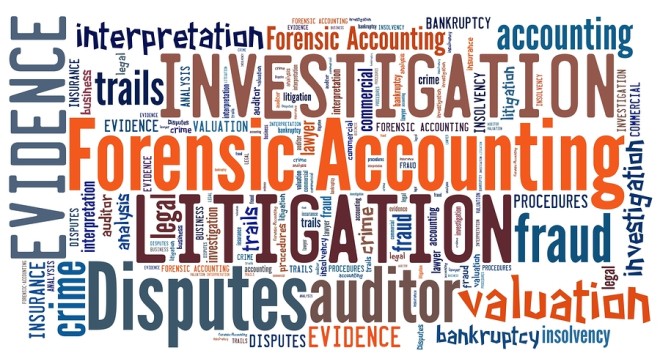Owning a business is hard work and it’s common for business owners to wonder how much their company is worth. Whether you are thinking about selling your business or not, have an offer on the table or are merely curious, there are quite a few misconceptions out there about how to value a business. Here are five myths about the value of your business.
Myth 1: Valuation is Only Needed When You Want to Sell
A common myth about valuing businesses is that valuation should only be figured when a business is getting ready to be sold. Knowing how much your business is worth is good information to have on hand at all times. This figure is helpful for both business and estate planning issues, particularly with regards to planning the future disposition of the company or ownership transition. Of equal importance, is to keep this figure up to date for planning purposes. The value of a business is not the same today as it was a year ago.
Myth 2: The “Rules of Thumb” Myth
Contrary to what you may hear in casual conversation, there are too many variables to consider in valuing a business to give any credence to a “rule of thumb” calculation. A business is not necessarily worth two or three times annual revenue (the revenue multiple valuation) as other factors need to be taken into account. Also, valuing a business based on past transactions (precedent transactions analysis) may not take into account changed market conditions or capture other relevant values. The idea that financial statements are all that are needed to determine business value is a common misconception. While rule of thumb valuations are a great measure of prudence once a detailed assessment has taken place, they don’t take into consideration such things as the value of goodwill and regional outlook.
Myth 3: The Comparison Myth
We all love to compare ourselves to others, but this can be a mistake when it comes to business valuations as no two companies are the same. Even if you are comparing yourself to a local competitor that recently sold, most likely the figures used in their valuation are more dated than yours. Changing interest rates and economic conditions along with different ongoing customers and contracts, and different cash flows and expected growth than your competitor, could contribute to a better valuation for your business in the end.
Myth 4: Value Depends on the Purpose of the Calculation
While it would be nice to tailor the results to the purpose, it doesn’t work that way nor is it legal. The value of a business, as defined by the Internal Revenue Service, is the Fair Market Value (FMV) of that business. The FMV is what a willing buyer would pay a willing seller for the company and the figure could be a range but won’t vary wildly depending upon the circumstances. For example, if an outsider wanted to buy your business and you set the FMV at $5 million vs. if a family member wanted to buy it, and you set the FMV at $1 million. This would undoubtedly raise a red flag. There are external resources, however, that have examples of formulas available to help you accurately calculate and valuate your business.
Myth 5: A Business in the Red Isn’t Worth Much
In smaller, private businesses the distinction between ownership and management is often blurred and companies that are actually profitable may not appear to be so at first glance.. Owners have discretion over how cash flow is categorized, and a business could be generating a significant amount of cash that would make a difference in a formal valuation. This is why it’s important that more than just business tax returns are analyzed, and the right questions are asked about both cash flow and asset values when a valuation of a small business is undertaken. There are misconceptions about business valuations only measuring profit that can be addressed in these instances. For example, “losing money” does not always equate to losing value and a sudden increase in revenue may not mean the same for the overall valuation of the company.
In the end, there are many important reasons why business owners should know the value of their business at any given time. AICPA (American Institute of CPAs) offers a Statement on Standards for Valuation Services toolkit for members to help guide in endeavors as well. With an understanding of the common misconceptions about business valuation, you should be able to find a specialist to help you make these important determinations.
For more information on the valuation of your business, contact CJA Forensic Accounting or call 202.759.9335.
 Government over alleged misuse by the organization’s senior executives of finances. Kris Manos, IRD’s interim president who was brought in, hired an outside forensic accounting firm to audit finances, including charges on the credit card of former president, Arthur Keys, who retired last July. Reported in the Washington Post on February 9, 2015, it claims that a
Government over alleged misuse by the organization’s senior executives of finances. Kris Manos, IRD’s interim president who was brought in, hired an outside forensic accounting firm to audit finances, including charges on the credit card of former president, Arthur Keys, who retired last July. Reported in the Washington Post on February 9, 2015, it claims that a